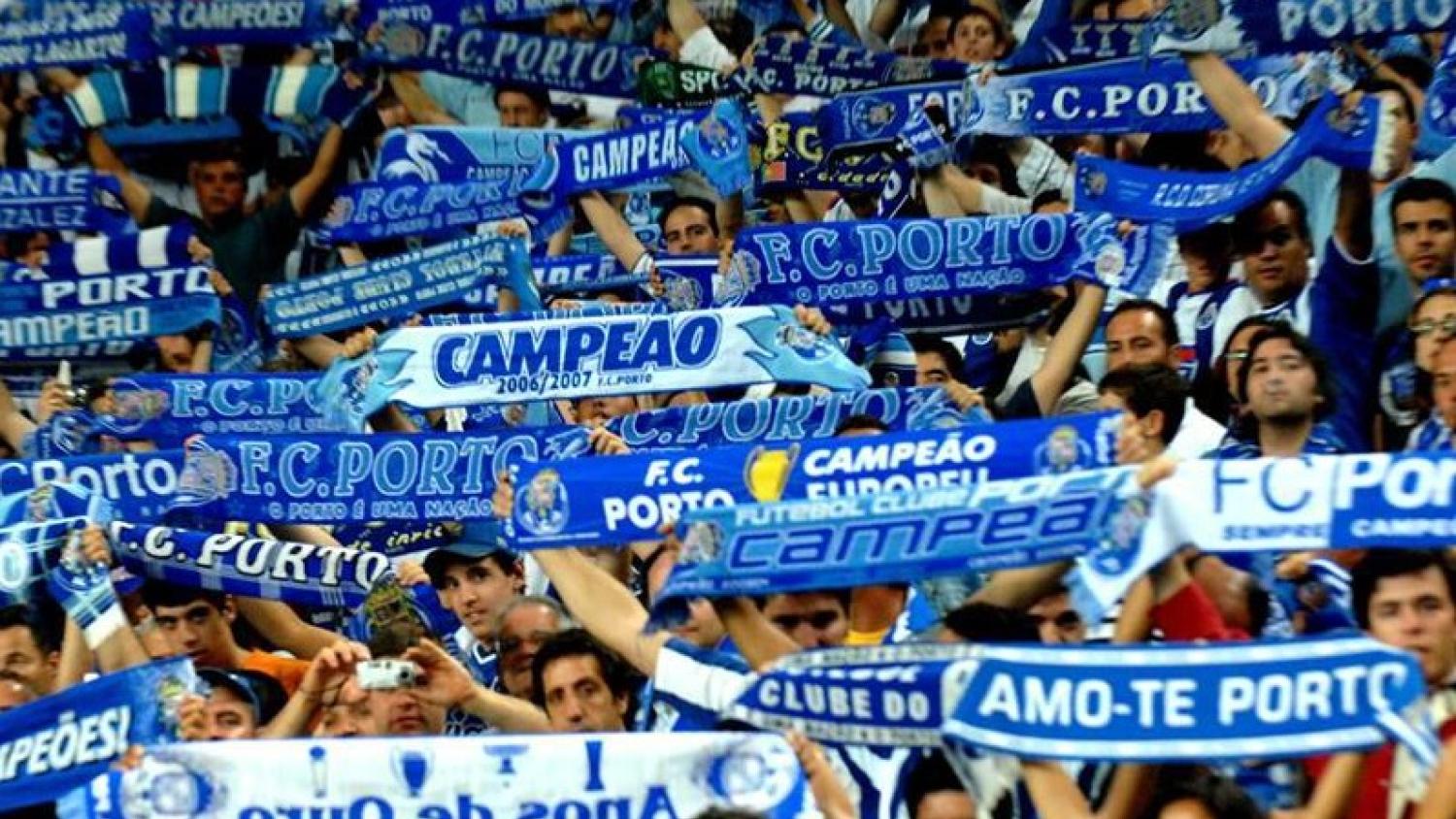News broke yesterday that FIFA’s executive committee voted to officially ban the practice of third-party ownership. The decision is a welcome one in the eyes of third-party ownership detractors, such as UEFA President Michel Platini.
Third-party ownership is the practice of an independent party buying a stake in a player’s economic rights. One of the main advantages of the practice is it allows clubs of lower financial means to buy players who would typically be out of their price range.
So, for instance, if a club wanted to buy a player of $45 million quality, they could do one of two things. First, they could contact a third-party and see if the third-party would be willing to front a portion transfer fee. Or, they could buy a player whose economic rights are already owned by a third-party. For simplicity, let’s just say that in both cases the third-party ends up owning 50% of the players economic rights.
Now, once that $45 million dollar player joins the club, any transfer from that club now involves three parties: the original, selling club; the new, buying club; and the third-party with half the players economic rights. If the player is sold, the original club and the third party would split the profits or losses on the transfer.
So, third-party ownership is a way of reducing risk in a player transfers, but FIFA and UEFA are weary of the influence third-parties.
Third-parties tend to care only about making money on an investment, not creating a better soccer team. Investors want a good return, so buying low, tranfering high and transferring often are the names of the game. Consequently, players may not end up with the best possible team for them. Instead, they will end up with the team that pays the most for them, and they will also probably not stay with that team for very long.
The end of third-party ownership means clubs like FC Porto - who have a history of relying on third-party back transfers to keep their team competitive - are in for some tough times. These clubs will have to adapt, or face the prospect of falling behind the competition.



